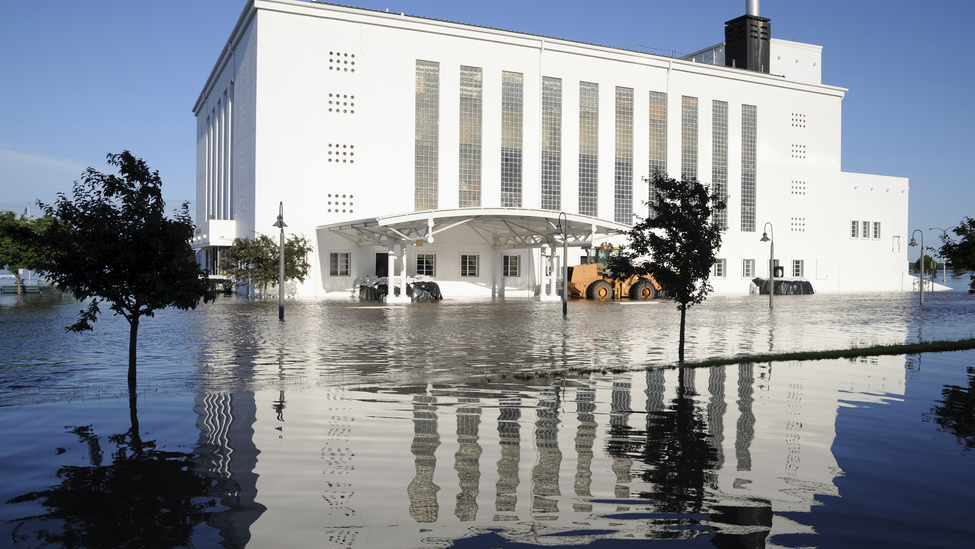Looking Beyond: Anticipating Post-Pandemic Risks


COVID-19 is posing new, unforeseen challenges to businesses. It is impacting all sectors, crossing geographical lines, endangering the health of employees and customers, and threatening organisations’ survival.
It is also a distraction.
“For businesses, the challenge of the pandemic is that everyone is focused on the economic effects,” said Chloe Brindley, Senior Underwriter in Crisis Management for Travelers Europe. “But on the back of it, there is an increase in fraud and other crime that people should be aware of as they get back up on their feet.”
Beyond business, the virus is providing an opening for activities that observers would normally work to prevent – but will not because of the challenges they are experiencing themselves.
“The virus can serve as cover for state actors to do things with less criticism from the international community,” said Ed Zambellas, Senior Underwriter in Crisis Management for Travelers Europe. “China’s recent actions in Hong Kong to bring in a new terrorism law and suppress dissent would have normally garnered much more condemnation from other countries, but other states do not have the bandwidth to deal with a serious internal challenge like COVID-19 and simultaneously focus on an international crisis that may not affect them directly.”
All told, at a time when organisations are eager to resume pre-pandemic operations and focus on recovery, it’s important for them to step back. Understanding how the stresses of the pandemic may directly or indirectly set them on a course to meet other risks coming down the pipeline can help them best prepare.
A global survey of emerging challenges
Constellis, which provides risk management and mission support services to government and commercial customers worldwide, sees a few key risks either persisting or rising to the surface in the pandemic-recovery period.
“Worldwide, it remains the case that the No. 1 risk arising from the post-COVID environment is cyber resilience issues,” said Nick Powis, Crisis Management Consultant for Constellis. “Crisis management teams have to respond virtually and while that’s working reasonably well for some, others will struggle as they haven’t trained for it or their infrastructure isn’t strong enough.”
A virtual structure can strain a crisis management team both organisationally and technically. For instance, a virtual team can quickly become a busy, stretched, unfocused group because it’s easier for more people to get involved. Or, consider another organisation trying to manage a cyber ransomware incident in which their digital architecture is locked and they cannot meet virtually or in person to address it.
In the coming months as organisations feel squeezed by the cumulative stresses of the pandemic, Powis expects to see an uptick in other risks.
“As restructuring and redundancy starts to bite, we’ll see a rise in workplace violence, insider threat issues including blackmail, stalking and other threatening behavior, and almost certainly product tampering,” he said. “The corollary to that is industrial espionage, with people taking information with them as they man the lifeboats.”
Finally, pandemics can lead to periods of widespread disorder. It was true after the 1918 Spanish flu and appears to be happening now as people around the world react to several months of lockdown, restrictions on their movement and freedoms, and financial and health-related stresses. If there happens to be a lightning-conductor incident in the midst of a pandemic – as there was in the U.S. with the killing of George Floyd and subsequent widespread sharing of the video on social media – large groups are more likely to coalesce around it. In the case of the Black Lives Matter movement, the passion driving the worldwide protests is compounded by the reality that predominantly, people of colour have been the ones experiencing the most severe consequences of COVID-19.
“I think COVID will stress and stretch a number of the big issues that have been out there for some time that will get exposed now,” Powis said. “Businesses will have to figure out what to say and how to relate to these flashpoint issues, how to protect facilities at a basic security level, and how to influence and control their narratives through social media and their staff. I think we’re going to see a number of those issues fizzing which people haven’t necessarily anticipated.”
Understanding your own potential risks
To help monitor and manage emerging risks globally, Travelers has an exclusive partnership with Constellis. As a complement to Travelers special risks cover, policyholders can access Constellis support to help anticipate potential fallout from the pandemic.
“What we’re trying to do is be proactive in getting our clients to have a free, one-hour conversation with Constellis to talk about the issues in front of their minds and better manage the risks,” Brindley said.
At a time when organisations are already stretched in terms of infrastructure and energy, and they have had to take shortcuts just to keep operations afloat, it’s natural for them to want to pull away and refocus on business recovery. But being mindful of the exposures brewing behind the scenes is crucial to protecting business.
“We encourage our clients to reflect on everything they have done to get through this situation so far and do a proper Threat Vulnerability and Risk Assessment,” Powis said. “It doesn’t have to be a 300-page document and you can do it in a couple of days with the right people. If you’ve done a half-decent TVRA, the priorities will set themselves.”


